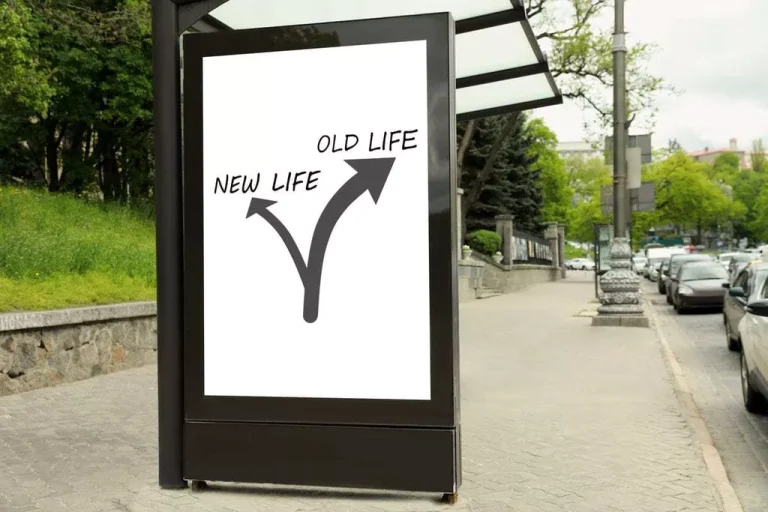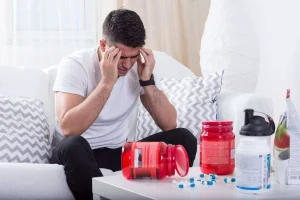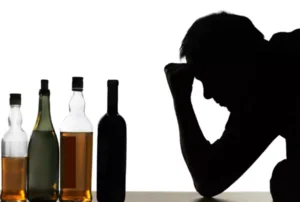
A national study of 16,698 inmates found that alcohol had a stronger role in violent offending such as homicide, physical assaults, and sexual assaults compared to offenses such as burglary and robbery. In this study, the majority of the respondents claimed to have been under the influence/intoxication of substance(s) such as alcohol during the commission of murder (Felson and Staff, 2010). Muscle tension, headaches, irregular heart rate and blood pressure, sleep difficulties, and the potential for heart problems or even stroke may be possible risk factors for chronic anger and emotional regulation issues. Add in alcohol abuse, and the multitude of possible social, emotional, physical, financial, and behavioral problems related to alcohol addiction, and the risk factors and potential for negative side effects go up exponentially.

Social and Cultural Factors Allow for More Aggression after

At posttreatment, those clients completing the Forgiveness Therapy sessions reported greater improvements in composite anger and anxiety relative to those clients completing the alcohol and drug counselling sessions. Clients receiving the anger and aggression focused cognitive-behavioral group therapy reported significantly less alcohol use during the 12 weeks of treatment relative to the comparison group. Although https://ecosoberhouse.com/ these initial studies each have methodological limitations, they provide early support for anger-based interventions in substance abusing populations. The study found that alcohol withdrawal symptoms were a moderating factor impacting prazosin efficacy in improving drinking outcomes over 12 weeks; that is, prazosin treatment benefit was determined by the presence of alcohol withdrawal symptoms at treatment entry.
Who is at Risk of Becoming an “Angry Drunk?”

If you are thinking about quitting drinking, talk to your healthcare provider. Medical supervision, behavioral health treatment, and mutual-aid groups can help you through alcohol withdrawal and stay stopped. For most people, alcohol withdrawal symptoms will begin sometime in the first eight hours after their final drink.
4 Prediction of Alcohol Involvement Outcomes
- If your behavior fits the description of an angry drunk, it may be difficult to admit you behaved that way under the influence.
- “Later on in the night, you may find someone crying or becoming overly emotional, and this is because, as the alcohol wears off, there is a big drop in serotonin below baseline,” Tietz explains.
- The link between alcohol and anger has to do with alcohol’s ability to remove your inhibitions and disrupt your emotional regulation.
- For that reason, abstaining from alcohol altogether may be the best way to prevent undesirable effects, such as relationship issues or legal trouble.
- In assessing the level of risk, it’s essential to differentiate between verbal expressions of anger and potential physical aggression.
Women who misuse drugs and alcohol are often victims of domestic violence in their current relationships. The ultimate goal is to help them get into a treatment program that addresses their substance abuse and the alcoholism and anger way it causes them to behave. But this is often easier said than done, and mean drunks can turn violent when provoked — meaning that if you share a living space with one, your safety should be your main priority.
- Consult with a mental health professional and/or an addiction specialist who can provide resources and recommendations for treatment options.
- When a person struggles with both alcohol addiction and anger management problems, the issues exacerbate each other.
- Relapsed individuals often start another negative cycle of alcohol-related problems and suffering in themselves and others (Lowman et al., 1996; Marlatt & Gordon, 1980).
- Under the influence of alcohol, those already predisposed toward anger may vent or, more seriously, direct their anger toward a target that might be experienced as less threatening than the original target.
A rare but very serious syndrome called delirium tremens can occur during alcohol withdrawal. Also known as DTs, an estimated 2% of people with alcohol use disorder and less than 1% of the general population experience them. This article discusses alcohol withdrawal, its symptoms, and potential complications. It also provides an overview of the alcohol withdrawal timeline process and when to discuss your drinking with your healthcare provider. From Table 2, the mean scores of Anger expression out, anger expression in, anger expression outside, and anger control inside among the two groups and they are not statistically significant. The mean scores of trait anger and state anger of relapsers are significantly different from the abstainers.

- Fourth, CRCS is manualized (Deffenbacher & McKay, 2000), such that there was a publicly available manual to adapt to a 12-session format focusing heavily on anger management for alcohol dependent individuals scoring moderate or above on an index of anger.
- Understanding your emotions and making smart decisions about alcohol consumption is the best way to avoid problems.
- Through empathy and support, we can create environments that nurture healthier relationships with both alcohol and emotions.
- From exploring the neurological effects of alcohol as a depressant to unraveling the psychological complexities underlying anger manifestation, we have gained a profound understanding of the underlying mechanisms.
- By Buddy TBuddy T is a writer and founding member of the Online Al-Anon Outreach Committee with decades of experience writing about alcoholism.
